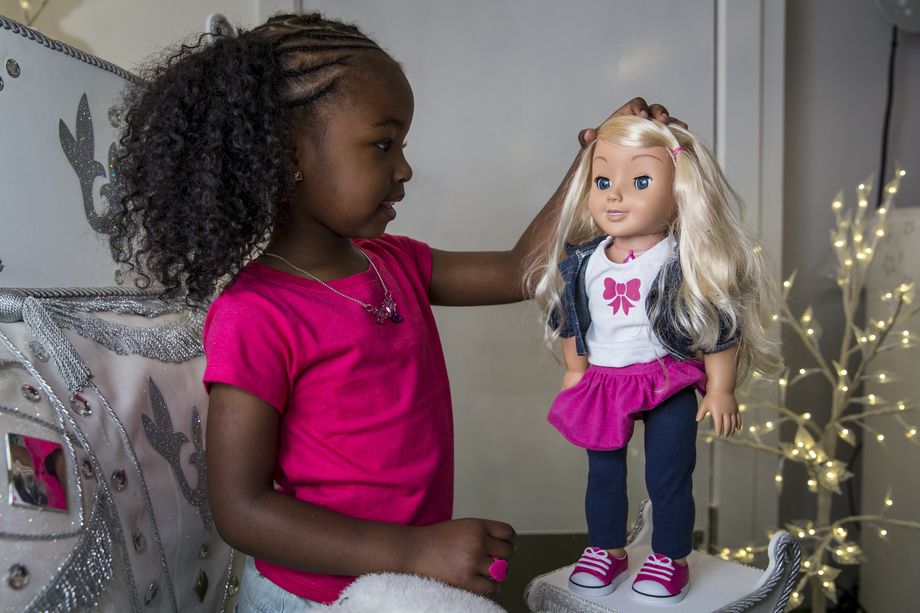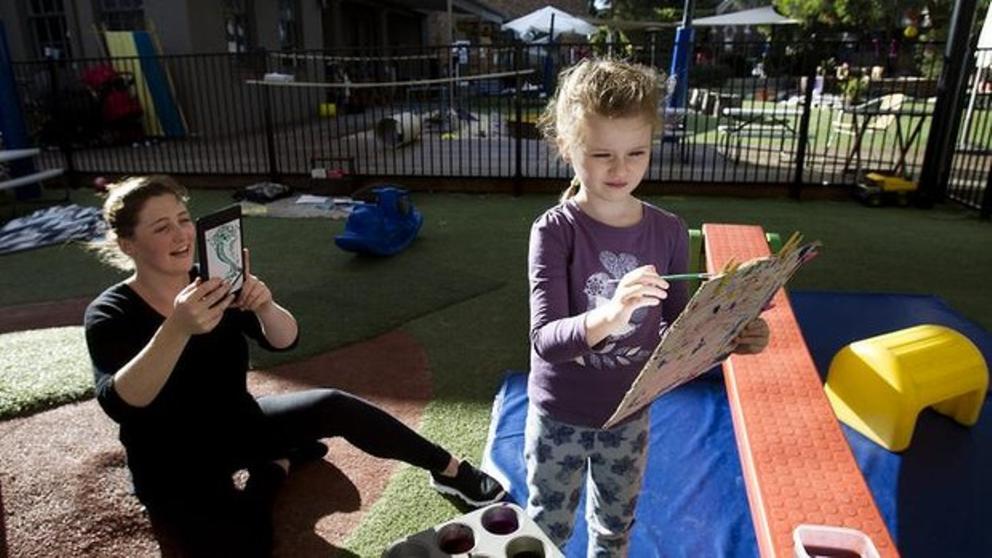The Seemingly Pervasive Sinister Side of Algorythmic Screen Time for Children
Writer and artist James Bridle writes in Medium:
“Someone or something or some combination of people and things is using YouTube to systematically frighten, traumatize, and abuse children, automatically and at scale, and it forces me to question my own beliefs about the internet, at every level.
To begin: Kid’s YouTube is definitely and markedly weird. I’ve been aware of its weirdness for some time. Last year, there were a number of articles posted about the Surprise Egg craze. Surprise Eggs videos depict, often at excruciating length, the process of unwrapping Kinder and other egg toys. That’s it, but kids are captivated by them. There are thousands and thousands of these videos and thousands and thousands, if not millions, of children watching them. […] What I find somewhat disturbing about the proliferation of even (relatively) normal kids videos is the impossibility of determining the degree of automation which is at work here; how to parse out the gap between human and machine.”
Sapna Maheshwari also explores in The New York Times:
“Parents and children have flocked to Google-owned YouTube Kids since it was introduced in early 2015. The app’s more than 11 million weekly viewers are drawn in by its seemingly infinite supply of clips, including those from popular shows by Disney and Nickelodeon, and the knowledge that the app is supposed to contain only child-friendly content that has been automatically filtered from the main YouTube site. But the app contains dark corners, too, as videos that are disturbing for children slip past its filters, either by mistake or because bad actors have found ways to fool the YouTube Kids algorithms. In recent months, parents like Ms. Burns have complained that their children have been shown videos with well-known characters in violent or lewd situations and other clips with disturbing imagery, sometimes set to nursery rhymes.”
Very horrible and creepy.




